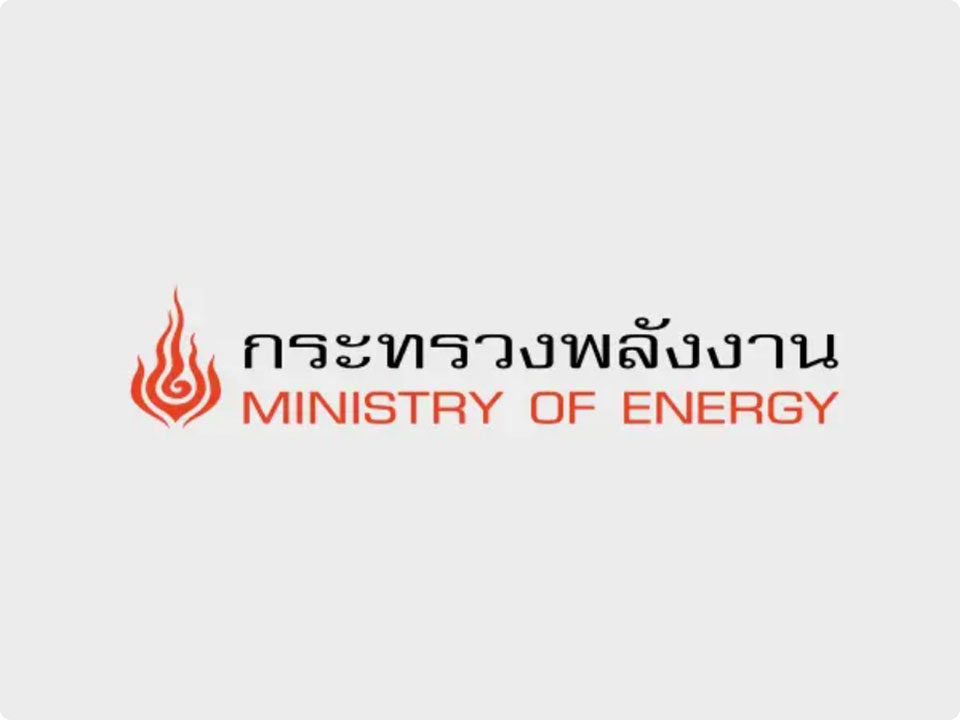
BANGKOK, Thailand – Thailand’s energy sector is preparing for significant advancements in 2025, with new initiatives planned in petroleum exploration and electricity management.
The Ministry of Energy has announced a new round of petroleum exploration and production bids in the Andaman Sea, expected in the first quarter of 2025. Technological advancements have improved the feasibility of deep-water projects in the region, which is near Myanmar’s Yadana and Yetagun fields.
The Electricity Generating Authority of Thailand (EGAT) is addressing challenges related to coal procurement for the Mae Moh Mine in Lampang Province. Activities were temporarily suspended following an appeal by Italian-Thai Development Public Company Limited (ITD). EGAT is expediting its investigation, with results expected within 30 days, to ensure operations resume before the current coal contract ends in February 2025. Delays could impact electricity production by up to 800 megawatts, necessitating costly alternatives such as natural gas imports.
EGAT is maintaining financial stability, with cash reserves of 50-60 billion baht and a reduced outstanding electricity debt of approximately 80 billion baht. The 2024 draft Power Development Plan (PDP) is under review to incorporate renewable energy, future electricity reserves, and climate change mitigation. The PDP also includes a pilot project for 2,000 megawatts of private-to-private electricity trading — also known as Direct Power Purchase Agreement or Direct PPA), which will be regulated by the Energy Regulatory Commission (ERC).
Concerns have been raised over high electricity reserve levels, with adjustments in the PDP draft to adopt the Loss of Load Expectation (LOLE) system for stability assessments. Upcoming investments in IT, AI, and data centers, which demand green energy, are being factored into reserve planning to ensure future capacity aligns with growing needs.
The Oil Fuel Fund, used to subsidize oil and LPG prices, is managing a debt of 80 billion baht. With crude oil prices stabilizing and diesel capped at 33 baht per liter, the fund is receiving inflows of 7 billion baht monthly. This stability supports ongoing debt repayments and aligns with plans for steady energy pricing. (NNT)










